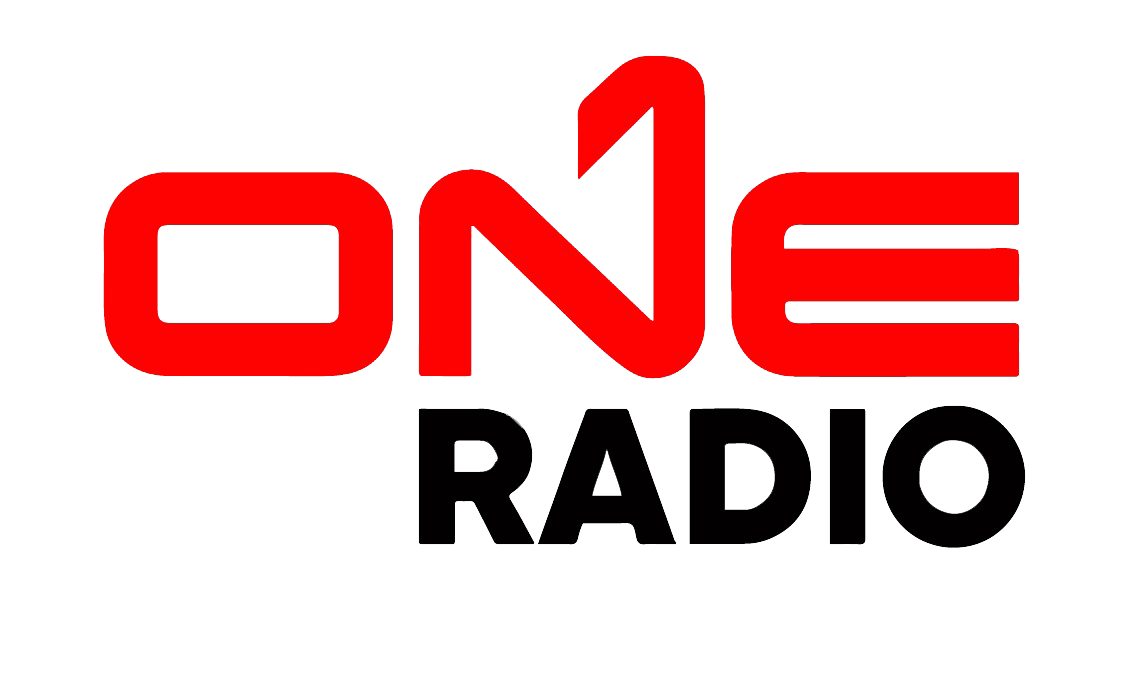A Nation in Flux: Pivotal developments and Nigerian news signal a dynamic shift impacting economy, politics, and society.
Nigeria, a nation rich in cultural heritage and brimming with potential, finds itself at a critical juncture. Recent developments across the socioeconomic and political landscape are reshaping the country’s trajectory, drawing international attention and prompting significant internal debate. This period of rapid change demands a comprehensive understanding of the forces at play, and requires an examination of the immediate challenges and opportunities that lie ahead. The current flow of information, the news emanating from diverse sources, indicates a dynamic shift impacting the lives of millions and redefining Nigeria’s role on the global stage.
From shifts in economic policy to evolving political alliances and increasing societal complexities, the Nigerian story is unfolding with unprecedented speed. Understanding these nuances is paramount for investors, policymakers, and citizens alike, enabling informed decisions and proactive engagement. This article provides an in-depth analysis of these pivotal happenings, exploring their implications for the nation’s future.
Economic Transformations and Fiscal Policy
Nigeria’s economic landscape is experiencing a period of significant flux, driven by both domestic reforms and external global factors. Recent adjustments to fiscal policy, particularly concerning exchange rates and import regulations, are impacting businesses and consumers across the nation. The Central Bank of Nigeria’s (CBN) actions aimed at stabilizing the Naira are closely monitored, as they influence inflation, investment, and overall economic growth. These policies create both opportunities and challenges for entrepreneurs and established businesses.
Economic Indicator
2022
2023
Projected 2024
| GDP Growth Rate (%) |
3.1 |
3.8 |
4.2 |
| Inflation Rate (%) |
18.85 |
24.48 |
21.0 |
| Exchange Rate (Naira/USD) |
460 |
750 |
800 |
| Crude Oil Production (barrels/day) |
1.2 |
1.3 |
1.5 |
Furthermore, the diversification efforts aiming to reduce dependency on oil revenues are gaining momentum. Initiatives in agriculture, technology, and manufacturing are being promoted to foster a more sustainable and resilient economic structure.
Agricultural Sector Revitalization
The agricultural sector remains a cornerstone of the Nigerian economy, employing a significant portion of the population and contributing substantially to the nation’s GDP. Renewed government investments in irrigation infrastructure, fertilizer subsidies, and access to finance are aimed at boosting agricultural productivity and ensuring food security. However, challenges persist, including land tenure issues, inadequate storage facilities, and the impact of climate change on crop yields. Addressing these hurdles is crucial for unlocking the full potential of the agricultural sector. Increased spending on research and development, coupled with the adoption of modern farming techniques, is essential to mitigate these effects.
The government’s commitment to supporting local farmers through tailored programs, farm financing, and technology transfer, if effectively implemented, can indeed create a more sustainable system.
Technological Innovation and the Startup Ecosystem
Nigeria’s burgeoning technology sector is attracting significant international investment, particularly in the fintech, e-commerce, and digital services space. The country’s youthful population, high mobile penetration rate, and increasing internet access provide a fertile ground for rapid innovation and entrepreneurial activity. Despite these positive signs, challenges relating to infrastructure deficits, limited access to capital, and a shortage of skilled talent remain. This presents an opportunity to implement more strategic funding alternatives, expand tech hubs, and enhance education programs geared toward skill development and digital literacy.
A robust regulatory framework that balances innovation with consumer protection can facilitate the sector’s continued growth and attract further foreign investment.
Political Realignment and Governance Challenges
Nigeria’s political sphere is undergoing a period of realignment, marked by shifting alliances, increasing political awareness, and growing public demand for transparency and accountability. The upcoming elections are expected to be highly competitive. This reinforces the necessity for strengthening democratic institutions, ensuring free and fair elections, and promoting good governance at all levels. The challenge of addressing corruption, improving public service delivery, and ensuring the rule of law remains paramount for fostering social cohesion and sustainable development.
- Strengthening electoral processes and institutions.
- Promoting transparency and accountability in governance.
- Addressing corruption and improving public service delivery.
- Enhancing security and promoting peaceful coexistence.
Electoral Reforms and Civic Engagement
Recent electoral reforms aimed at enhancing the credibility and transparency of the electoral process are being closely watched. These reforms focus on improving voter registration, optimizing ballot security, and streamlining election dispute resolution mechanisms. However, effective implementation and sustained civic engagement are crucial for ensuring the success of these efforts. Empowering citizens to actively participate in the democratic process, holding elected officials accountable, and advocating for good governance are essential for building a more resilient and representative democracy. Civil society organizations have a critical role to play in promoting political awareness, voter education, and peaceful participation in electoral processes.
Investing in platforms that allow for real time monitoring, feedback and peaceful discussions will set the stage for improved outcomes.
Security Concerns and Regional Stability
Nigeria continues to grapple with significant security challenges, including terrorism, banditry, and communal clashes. The government is actively engaged in efforts to address these threats through military operations, intelligence gathering, and community engagement. However, a comprehensive and multifaceted approach is required to address the root causes of conflict and build lasting peace and stability. This includes investing in economic development, promoting social inclusion, tackling poverty and inequality, and addressing the grievance of marginalized communities. Regional cooperation and collaboration with international partners are also essential for tackling transnational security threats.
International collaboration and border patrol would contribute to slowing the flow of illegal arms and continued support of vulnerable communities.
Social and Demographic Shifts
Nigeria is experiencing rapid social and demographic shifts, including urbanization, population growth, and changing values and attitudes. These changes are creating both opportunities and challenges for the country’s development. Addressing the needs of a rapidly growing population, providing adequate access to education, healthcare, and employment, and promoting social inclusion are essential for ensuring a prosperous and equitable future. Furthermore, preserving cultural heritage, promoting national unity, and fostering a sense of shared identity are crucial for building a cohesive and resilient nation.
- Rapid urbanization is leading to unprecedented growth in major cities.
- A young and dynamic population presents a demographic dividend.
- Changing social values are influencing societal norms and behaviors.
- Increased access to information and communication technologies is transforming social interactions.
Urbanization and Infrastructure Development
The rapid rate of urbanization in Nigeria is placing immense pressure on existing infrastructure and public services. Addressing this challenge requires significant investments in transportation, housing, water and sanitation, and energy infrastructure. Sustainable urban planning, effective land management, and the promotion of affordable housing are essential for creating livable and resilient cities. The strategic deployment of smart city technologies can also enhance urban efficiency, improve quality of life, and promote economic growth. Investing in public transport, prioritizing pedestrian and bicycle infrastructure, and promoting mixed-use developments can create more sustainable and equitable urban environments
Public transportation investments will alleviate traffic burdens, reduce emissions and make urban spaces more accessible.
Youth Empowerment and Educational Reform
Nigeria’s large youth population represents a significant demographic dividend. Empowering young people through quality education, skills development, and economic opportunities is crucial for harnessing their potential and driving sustainable development. Reforming the education system to align with the needs of the labor market, promoting vocational and technical training, and fostering entrepreneurship are essential for equipping young people with the skills they need to thrive in the 21st century. Investing in youth-led initiatives, providing access to finance and mentorship, and creating an enabling environment for young entrepreneurs can unlock their innovative capacity and contribute to economic growth.
Nigeria is facing a complex interplay of economic, political and societal challenges and opportunities. Navigating these requires difficult balancing acts, and conscious effort towards transparency and citizen engagement.










Commentaires d’articles (0)